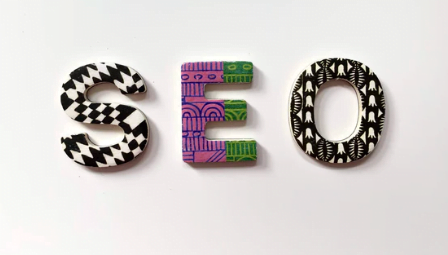The practice of optimising individual web pages to rank higher on the search engine result pages is called on-page SEO. It signifies that you will be optimising both content and the corresponding HTML source code. The best part of this is it generates significant traffic to your website.According to Adaptify, which is one of the top SEO marketing agencies, on-page SEO is the most inexpensive way of achieving higher rankings and conversion rates. However, there are various factors which can impact the on-page SEO ranking.But before you jump onto the factors affecting on-page SEO, first know how significant is on-page SEO for your website ranking.
Internet marketing has grown to its peak in recent days, and most of them have shifted their focus from social media, email marketing to SEO practices. Having an SEO team in your organisation has become a need of the hour. Some may think SEO is dead, but the reality is entirely different.
SEO is more active, and also, it’s helping out a lot lately. Until you optimise your content present on the page, you cannot push it to appear on the search engine result pages. The more your website ranks higher on Google, the more lead and sales will be generated. In order to have an appealing and engaging website, on-page SEO is the must.
Title tag contributes a lot on ranking on search engine research pages. A title tag is basically an HTML element that simply specifies the title of your website. It is always the text displayed on search engine result pages, which is a clickable header. Hence, you may be thinking, what is the point of having a title tag? Why is it used?Title tags create the first impression of your organisation. It is a way of a viewer looks at your website. Majorly, title tags are used in SERPs. It is because your audience can view your content on the search engine. You can add the corresponding keywords in the title and include the same in your page content as well.You will have to make sure to check the length of the title tag. Don’t over add the keyword in the SEO title, and always have the unique title. Do not try to copy anybody’s title or do not try to implement the same which has worked for your competitor.You should try to add relevant keywords at the beginning of the title as branding your business is essential. Make sure to add your company’s name or organisation’s name at the end of the title.
No one likes to wait for long just to see the website details for a searched query on the search engine. According to the study, the audience expects a website to load under 2 seconds. If your webpage is not loading correctly, then the user may exit your site before it loads. And eventually, it will affect your webpage ranking on the search engine.There are many ways to improve your site speed which you can execute to enhance user response time. Improving the site speed will help you achieve the top position for your business site on search engine result pages. All in all, remember that the website which loads fast will keep the audience engaged while improving conversion rate.
Thorough research plays a significant role in on-page SEO. Before building your content, it is necessary to analyse and build a storey line of what you want to convey. After building the storey line, you need to categorise them in a genuine manner and elaborate on them.If you study how other websites ranking on search engine result pages have pitched in their content, you can implement them in a better way. Proper usage of keywords is also important. So, don’t try to stuff your keywords.A keyword analysis is essential for SEO because keywords are the building blogs of your content. Hence, the more you focus on your keywords, the more content you can add and more involving your website would be.
To achieve excellent result in search engine result pages, considering on-page SEO is the best decision you can ever make. That’s because it helps you build a strong foundation for your website. Also, on-page SEO is about communicating with your audience and guiding them that they will get all required specific details on the website.

